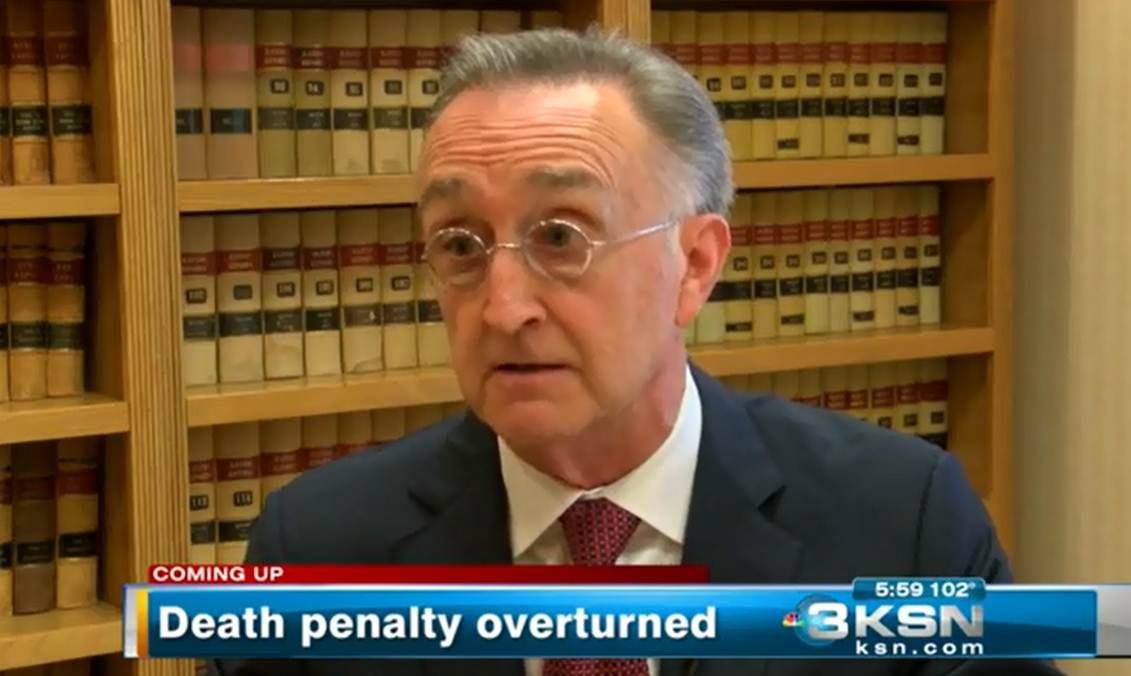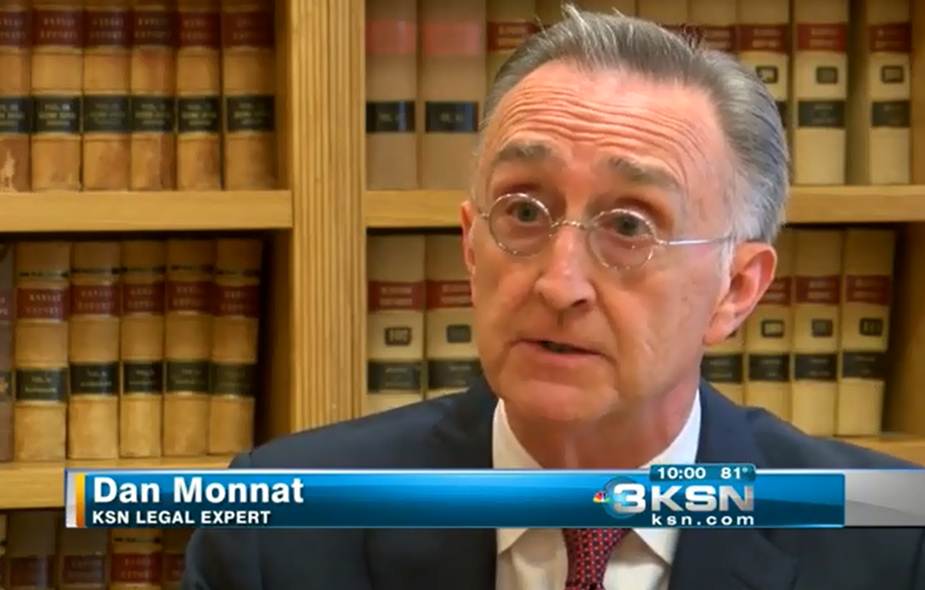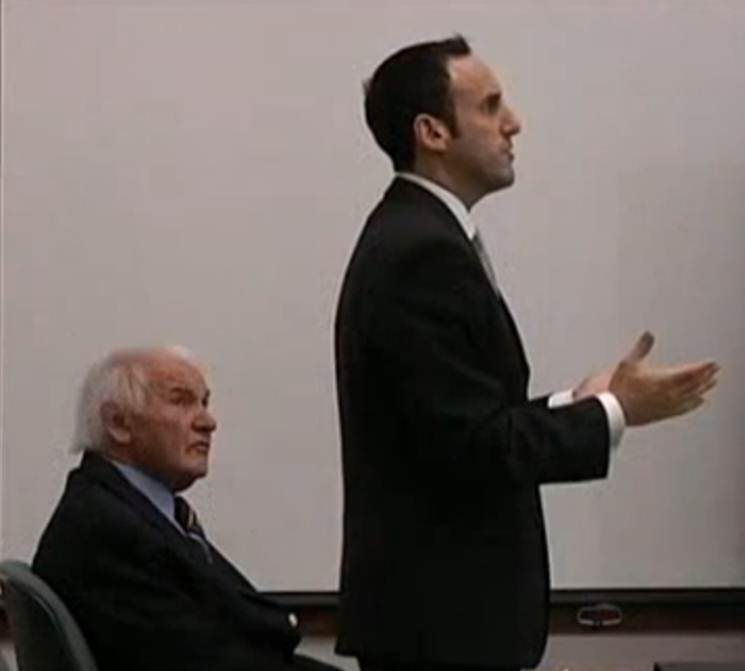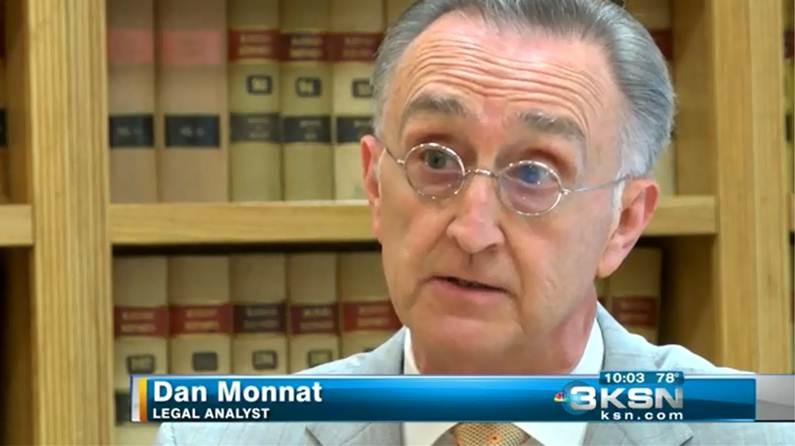WICHITA, Kansas — As the debate over same-sex marriage continues in Kansas, the courtroom drama is getting more complicated with every filing.
October 10th was when things quickly got complicated for Kansas couples and courts, concerning gay marriage.
Fast forward almost one month, and the legal fight shows no promise of ending anytime soon.
Wichita couple Kerry Wilks and Donna Ditrani have been together for five years. Although in June 2012, they had a commitment ceremony, they want to be legally married in Kansas. That is why they’re fighting for same-sex marriage rights at the federal court level.
On Tuesday, a Federal Judge found that:
“defendants may not refuse to issue marriage licenses on the basis that applicants are members of the same sex.”– Marie v. Moser
The decision, beginning November 11th, could prevent the state from enforcing its same-sex marriage ban.
Kansas Attorney General Derek Schmidt Wednesday appealed that ruling.
Immediately following the announcement Tuesday, however, Derek Schmidt released the following statement related to the federal district court’s decision:
“The State of Kansas continues to have a strong interest in the orderly and final determination of the constitutionality of its prohibitions on same-sex marriage. The state defendants will promptly appeal this decision to the Tenth Circuit Court of Appeals and will ask for consideration by the full Circuit Court. Such a request for en banc consideration was not previously made by either Utah or Oklahoma when their cases were heard by a three-judge panel of the appellate court.”
“The District Court recognized the weight of its decision to declare a provision of the Kansas Constitution in violation of the United States Constitution and thus unenforceable. Kansas appreciates Judge Crabtree’s willingness to delay his order while the state defendants file their appeal.”
In a separate case, the Kansas State Supreme Court said Wednesday it will also delay a hearing originally scheduled for Thursday, November 6.
The state filed the action against Kansas 10th Judicial District Judge, Chief Judge Kevin P. Moriarty, when last month he granted a same-sex marriage license to a Johnson Co. couple, pointing to recent cases in Colorado, Oklahoma, and Utah that found gay marriage bans unconstitutional.
“It applies to the Kansas law the rulings of the 10th circuit on the Utah and Oklahoma laws because the Kansas law is virtually identical,” said legal analyst, Dan Monnat.
For a brief moment, the first-ever marriage between two women in the state of Kansas, was legal. That’s when Kansas’ high court temporarily blocked all new same-sex marriage licenses from being issued.
The hearing set for November 6th was delayed until the 15th. The 15th is the new deadline for both parties to present their case.
Read the latest filing from the State Attorney General’s office by clicking here.
Also on Wednesday, Missouri struck down the state’s ban on same-sex marriage as unconstitutional.
KSNW TV – By Brittany Glas




